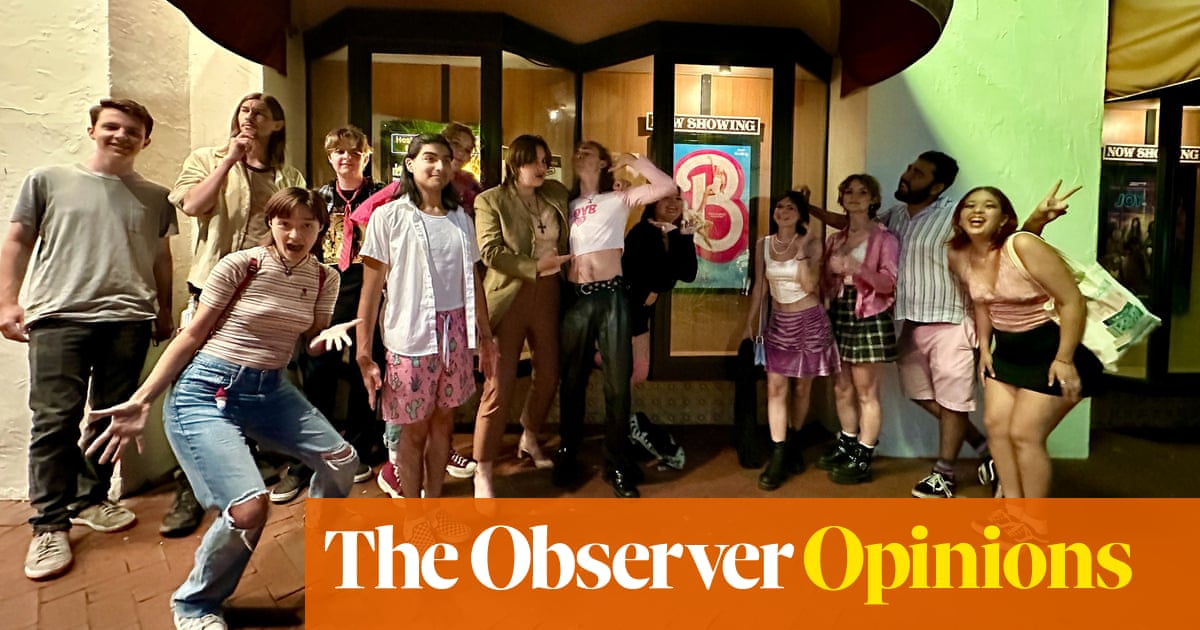
etting a behind the scenes look at Donald Trump’s diplomacy was never going to be easy. Our aim for the series Trump Takes On the World, was to get those who were in the room to describe what happened at the critical moments of Trump’s foreign policy. Access to Trump’s White House was notoriously difficult to secure – especially for those of us from the “mainstream media” – and we were asking top insiders to tell us about some of their most sensitive conversations with the president.
We got a taste of the challenges we’d face during our first research trip to Washington in September 2019. We thought we’d made a real breakthrough by securing a meeting with the top press aide of John Bolton, the national security adviser. Then, just as we flew to the US, we found out that Bolton had been fired and was taking his team with him. Just a couple of weeks later, before we flew back to the UK, Nancy Pelosi announced impeachment proceedings against the president, and we started to hear a phrase we would become all too familiar with as the White House lurched from one crisis to another: “You’ll need to wait for the dust to settle.”
This is the fourth series I’ve made with the series producer, Norma Percy. Her reputation for interviewing presidents, prime ministers and their top advisers goes back decades and is invaluable in getting a foot in the door with senior politicians. But that’s just the first step. Next come many months of talking to people off-the-record to try to persuade them to go on camera. With Trump, it was always going to be a bit of a step into the unknown. When it became clear that we’d have to make the series during a pandemic, without the ability to meet anyone face to face, most of the team wondered whether it would be possible.
Yet for all the chaos, the constant turnover of personnel in Trump’s White House had one upside: there were plenty of officials who had left office and had a story to tell.
One of the first we met was Thomas Shannon, acting secretary of state in the first weeks of Trump’s presidency. He told us about a remarkable lunch during Theresa May’s first visit to the White House where the president ripped into his own team for not putting through a call from Vladimir Putin. Another was KT McFarland, deputy national security adviser, who revealed how she talked Trump down from wanting to assassinate the Syrian president, Bashar al-Assad. And only weeks before non-essential travel to the US was banned, we managed to meet former national security adviser HR McMaster who described how his South Korean counterpart nearly fell out of his chair when Trump revealed he was ready to meet North Korea’s dictator Kim Jong-un.
In a film about Trump’s foreign policy, we would need the other side, those people he met, and so our team started drawing on all the contacts they possibly could in Europe, the Middle East, China and Korea. When foreign travel became impossible, we feared the worst, but were surprised at how open some people were to an off the record talk or even a filmed interview on Zoom.
The Australian prime minister Malcolm Turnbull told us about an extraordinary meeting on the sidelines of the G20 in Hamburg where Trump left French president Emmanuel Macron speechless. Macron’s predecessor, François Hollande, told us about the advice he gave Macron: “Don’t expect anything from Donald Trump. Don’t think you’ll be able to seduce him.” We even managed to interview Iran’s foreign minister and his deputy who described Trump’s attempts to engineer a meeting with Iran’s President Rouhani at the UN general assembly.
The intention was always for the series to go out around the end of Trump’s presidency or the beginning of his second term depending on the results of the election. We were braced for a flurry of late interviews to come in once the results were clear – and filming everything remotely allowed us a degree of flexibility here that wouldn’t normally be possible. So our indefatigable team kept on hounding the White House, the state department and all our foreign contacts until the last possible moment. It paid off – we got interviews with top serving officials as well as those who had resigned or been fired, some of which came only a couple of weeks before the series was due for broadcast.
On one particularly frantic day we were up at 4am to film an interview with a South Korean official who had been at a key meeting with Kim Jong-un, before filming Trump’s ambassador to Nato in the afternoon and then a midnight interview with the Israeli ambassador we’d been chasing for months.
The dust that we’d been told to wait for never did settle – the White House was an even more chaotic place by the time we finished the series than it was at the start of the production – but piece by piece, the stories came together.












